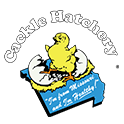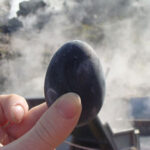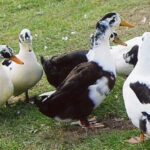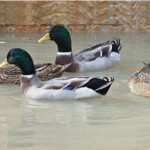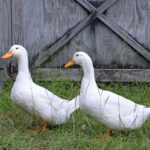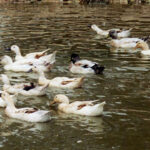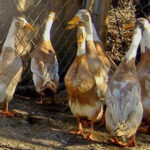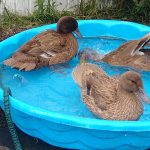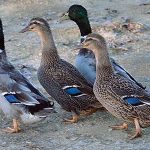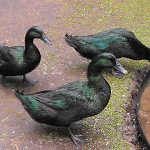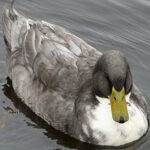
The Swedish duck has its origins in the early to mid 1800s in Pomerania, a region on the Baltic Sea that was once controlled by Sweden. The breed first came to the United States in 1884. The only variety listed in the American Standard of Perfection is the blue variety, accepted in 1904. Physical Attributes […]
Continue Reading